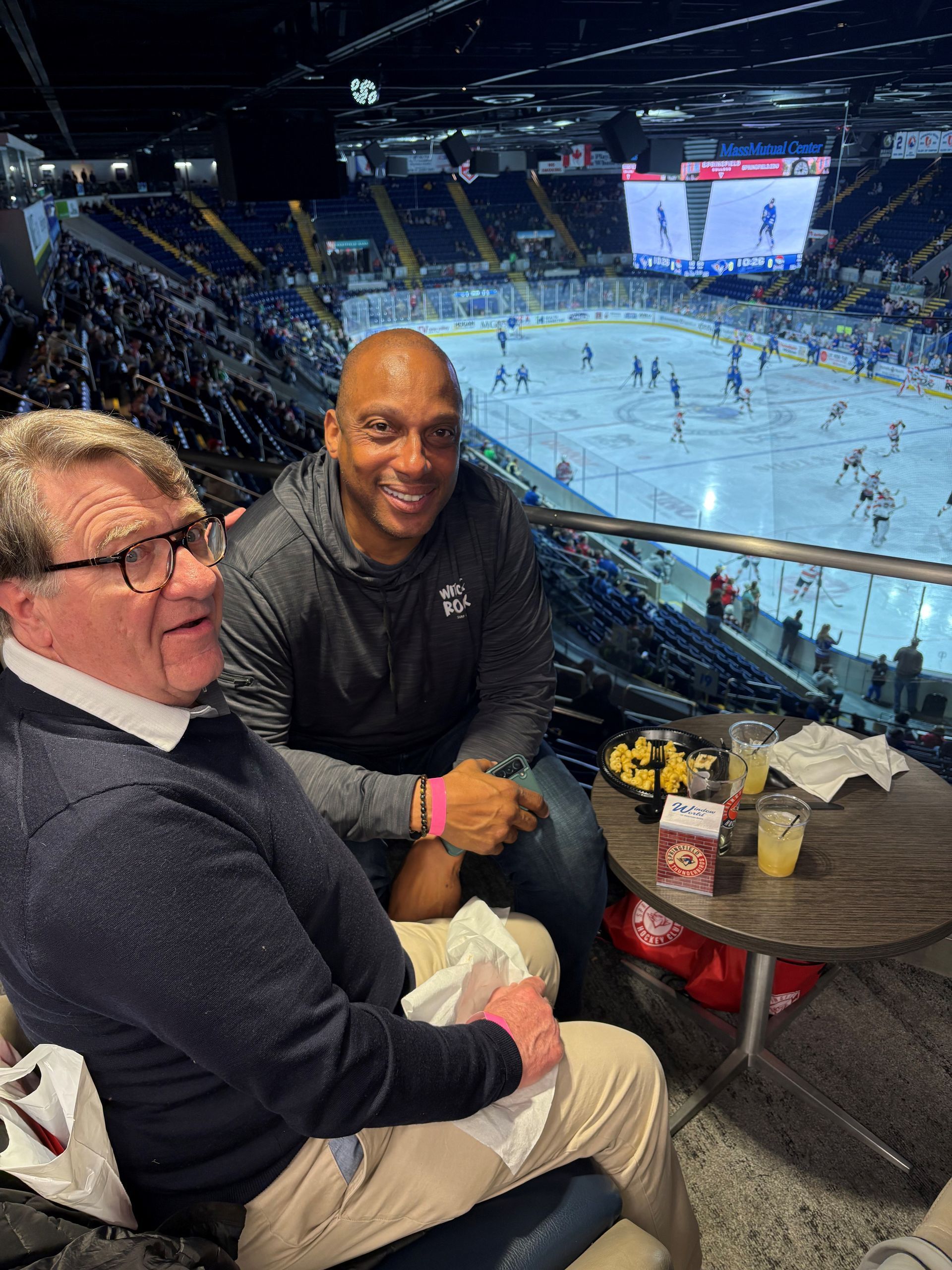Non-Compete Agreements May Be In Jeopardy
Challenging the Rule
By Trevor Brice, Esq.
On April 23, the Federal Trade Commission (FTC) issued a final rule banning non-competition agreements for all employees. While this action by the FTC was expected, there were many unanswered questions about the final impact of the non-compete rule in regard to existing non-compete agreements and its scope as applied to future non-compete agreements. These questions were answered under the final rule as promulgated.
Most Non-competition Agreements Banned
The FTC’s final rule banning all non-competition agreements is effective 120 days after its publication in the Federal Register. As of the effective date, all non-competition agreements are banned, with close to no exceptions, except for franchisor/franchisee relationships and for sales of a business between buyer and seller.
Independent contractors are also included under the umbrella of employees that would no longer be subject to non-competition agreements under the final rule. This would effectively mean that many employees in industries such as film, finance, and other professional services now have the right to switch between employers, which the FTC states “will ensure Americans have the freedom to pursue a new job, start a new business, or bring a new idea to the market.”
However, and of note, the FTC does not have jurisdiction over nonprofit employers, so non-competition agreements are enforceable in this regard despite the FTC’s final rule.
Final Rule Retroactive as to Lower-wage Workers
In addition to prohibiting all non-competition agreements after the effective date of the final rule with limited exceptions, the FTC’s rule is retroactive, prohibiting certain non-competition agreements before the effective date of the rule as well.
Existing non-competition agreements can remain in effect as to senior executives, which are defined in the rule as employees in ‘policy-making positions’ making at least $151,164 per year. Existing non-competition agreements with employees who do not meet this definition are no longer enforceable per the final rule.
Despite the final rule, employers do not need to modify existing non-competition agreements by rescinding them. Employers do, however, need to notify their workers that the employer will not enforce non-competition agreements in the future. The FTC has included in its final rule model language for informing employees of this change, which can be communicated through email, text, or in paper format.
The final rule does not generally impact non-disclosure agreements or non-solicitation agreements unless they prohibit a worker from seeking or accepting work or operating a business. Employers should be aware that more restrictive state laws governing non-competition agreements remain in effect.
Challenges to Final Rule Looming
As of the announcement of the FTC’s final rule, challenges are already looming. The U.S. Chamber of Commerce has already vowed to block the rule, calling it “an unlawful power grab” and arguing that the authority to govern non-competition agreements should be left to the states.
The statement issued by the Chamber of Commerce goes on to note that, “since its inception over 100 years ago, the FTC has never been granted the constitutional and statutory authority to write its own competition rules. Non-compete agreements are either upheld or dismissed under well-established state laws governing their use.”
This announcement by the U.S. Chamber of Commerce will undoubtedly lead to other challenges through the court system. Indeed, a Dallas-based global tax-services and software provider has already filed suit against the Federal Trade Commission over the impact of the final rule.
The FTC, as the Chamber of Commerce rightly points out, has no authority to write its own competition rules. The FTC can, however, make rules if it goes through the proper rule-making process, including introducing proposed legislation and leaving it open to comment for a certain amount of time, which did occur here.
However, even following this process does not ensure that the rule will stand. The rule still remains open to court challenges from the Chamber of Commerce, individuals, or organizations affected by the rule or any other stakeholders within the final rule. This could mean that changes would be on the horizon for the rule, and possibly a narrowing of its already expansive application.
Takeaways
As noted, the FTC’s final rule is already being challenged through the court system, and a challenge from the Chamber of Commerce will most likely follow suit. Therefore, if an employer has existing non-competition agreements, the employer may not need to rescind them just yet.
Further, if employers are intending to enter into non-competition agreements that are reasonable and enforceable under existing state laws, other options, such as non-disclosure agreements and non-solicitation agreements, may have to be used, but it would be prudent to wait on further ruling from the existing challenges to the final rule.
In the meantime, consultation with an attorney will aid in navigating the changing landscape of non-competition agreements.
This article was published in the most recent edition of BusinessWest. Click the link here.








